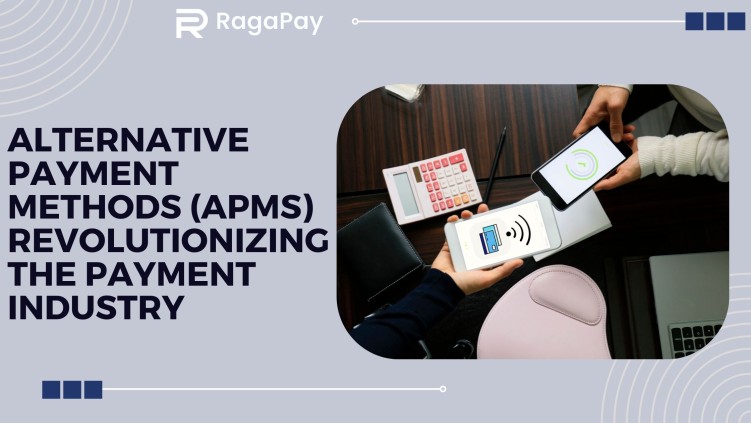Introduction:
The payment landscape has experienced a seismic shift in recent years, with the rise of Alternative Payment Methods (APMs) transforming the way we transact. As consumers seek convenience, security, and flexibility, traditional payment methods are being challenged by a diverse range of APMs. From digital wallets and mobile payments to cryptocurrencies and buy-now-pay-later options, APMs are revolutionising the payment industry. In this blog post, we will explore the impact of APMs on the payment industry and how they are reshaping the future of transactions.
Convenience and Flexibility:
One of the primary reasons behind the growing popularity of APMs is the convenience and flexibility they offer to consumers. Unlike traditional payment methods that often require entering lengthy card details, APMs simplify the checkout process. Mobile payment apps, such as Apple Pay and Google Pay, allow users to make seamless payments with just a tap or a scan. The ease and speed of APMs provide consumers with a hassle-free payment experience.
Global Reach and Cross-Border Transactions:
APMs have significantly expanded the global reach of payment services. With the proliferation of digital wallets and online payment platforms, consumers can now make transactions across borders with ease. APMs facilitate cross-currency payments and offer competitive exchange rates, eliminating the need for traditional banking intermediaries. This enables businesses to tap into new markets and reach a broader customer base, driving international trade and fostering economic growth.
Security and Fraud Prevention:
Security is a top concern in the payment industry, and APMs have taken significant strides in enhancing transactional security. APMs employ advanced encryption technologies, tokenization, and biometric authentication methods to protect sensitive financial data. Additionally, these payment methods often offer an added layer of security by not directly sharing personal information with merchants during transactions. As a result, APMs provide consumers with increased peace of mind, reducing the risk of fraud and identity theft.
E-commerce Advancements:
APMs have played a pivotal role in shaping the e-commerce landscape. As online shopping continues to soar, APMs have become the preferred choice for consumers. Digital wallets and payment gateways integrated with e-commerce platforms enable seamless transactions, reducing cart abandonment rates. Moreover, APMs like Amazon Pay and Shopify Payments provide a trusted and familiar payment experience, leading to improved conversion rates and customer satisfaction in the e-commerce realm.
Financial Inclusion and Accessibility:
APMs are instrumental in driving financial inclusion, particularly in regions where traditional banking infrastructure is limited. APMs also cater to underserved populations by offering flexible payment options, instalment plans, and microtransaction capabilities, making financial services more accessible to a wider audience.
Conclusion:
Alternative Payment Methods are reshaping the payment industry by offering convenience, security, global reach, and financial inclusion. As consumers increasingly seek frictionless and personalised payment experiences, businesses must adapt to the changing landscape and embrace APMs to remain competitive. By leveraging the power of APMs, payment industry stakeholders can meet evolving customer expectations, drive innovation, and unlock new growth opportunities in the digital era.

